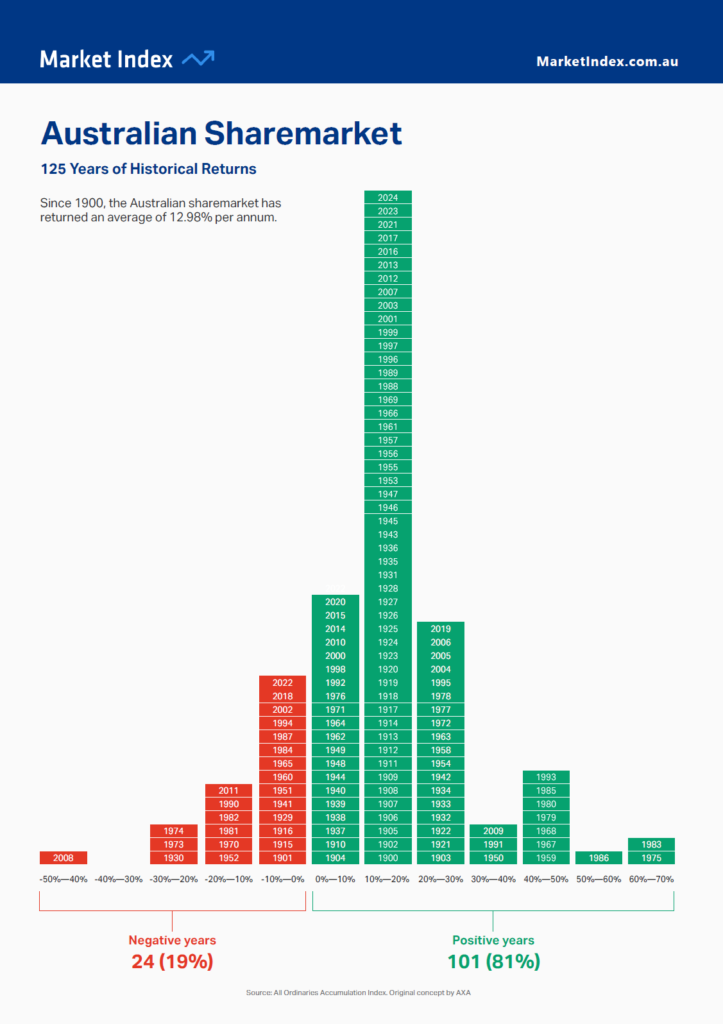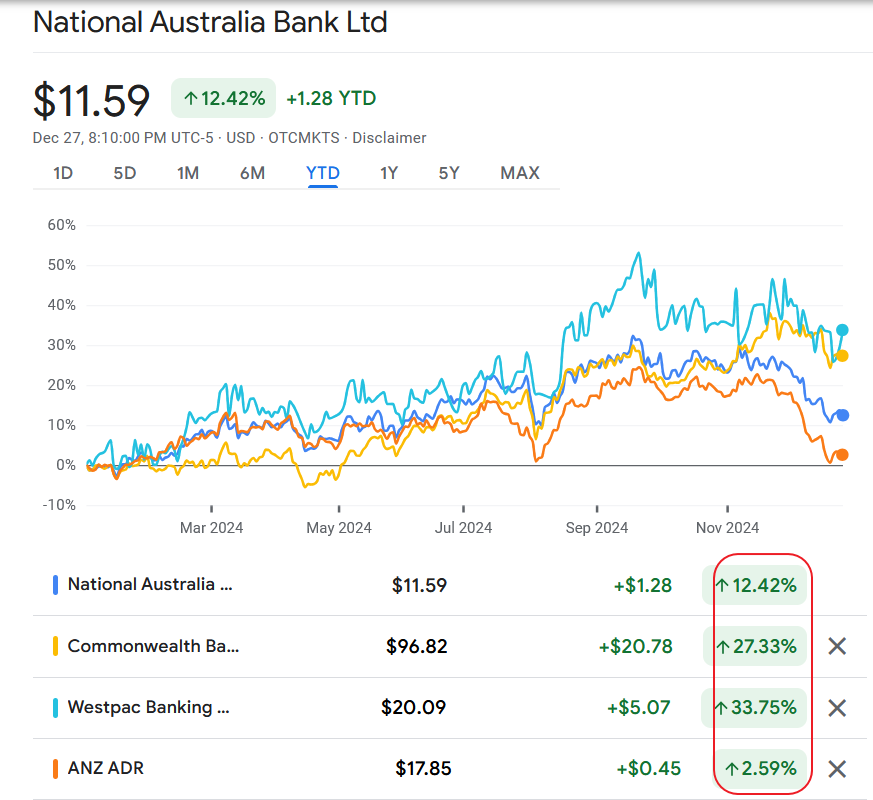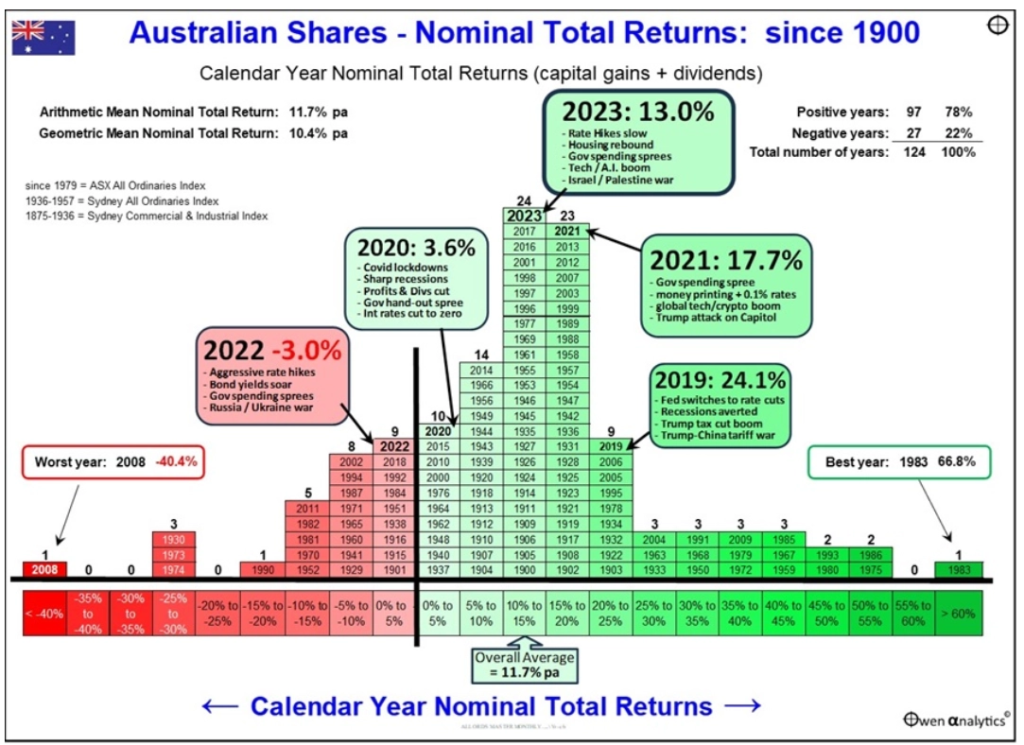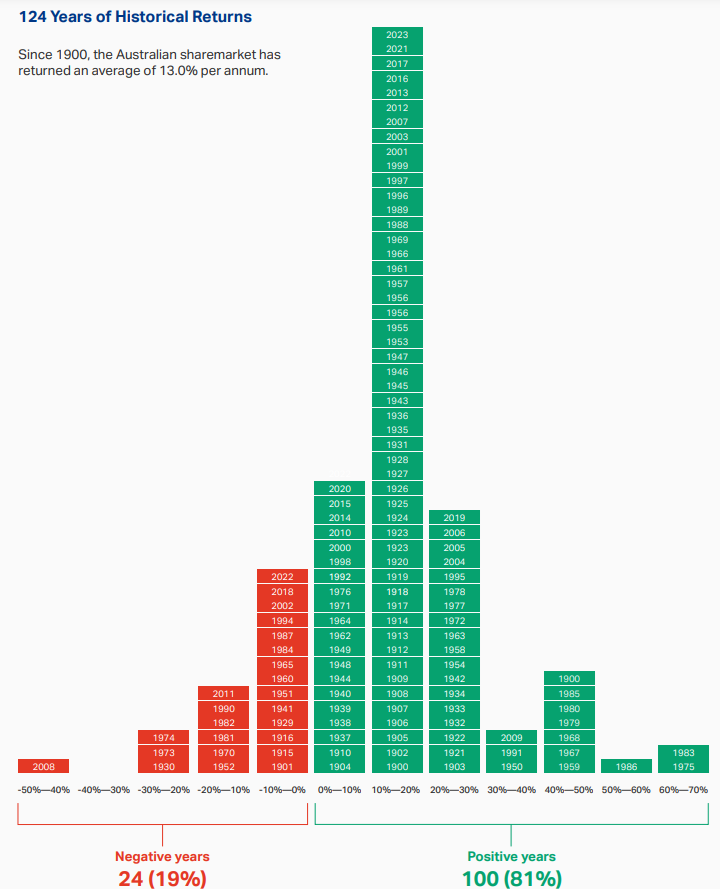After the crash of the banking sector, the three Australian bank ADRs offer yields that are well above 10%. Just like any other bank that is cutting dividends or outright suspending them non one can be sure that these yields are sustainable.
However each bank is different and Australia is normal times is a stable country with a strong domestic economy. Australia is a regional powerhouse whose companies are heavily involved in many Asian countries. The country is heavily dependent on the commodity markets since it is a resource-rich country similar to Canada. These two countries are unique in a sense that they are both western style democracies, have developed economies and have stable political systems with an abundance of many natural resources.
The following are the three Australian Bank ADRs:
1.Australia & New Zealand Banking Group Ltd (OTC: ANZBY)
Current Yield: 12.67%
Many lawsuits have been filed against the bank recently due to not disclosing heavy losses sustained by the bank in its involvement with a failed brokerage outfit in Australia. One of the lawsuit says:
“The Company and its top executives violated the federal securities laws. The complaint charges that ANZ failed to adequately disclose the range of risks arising from its loans to Opes Prime Group Limited, an Australian stock brokerage firm that lent money to customers on margin. ANZ had lent hundreds of millions of dollars to this failed brokerage house, but without adequate disclosure of the risks the loans posed to ANZ. The day before the Company announced its losses stemming from exposure to Opes Prime, its stock (ADRs) closed at a high of $17.24. The following day, after ANZ’s announcement, ANZ’s stock price dropped to $14.57. ANZ’s stock is currently trading at $9.90.”
2. National Australia Bank Ltd (OTC:NABZY)
Current Yield: 11.83%
3.Westpac Banking Corp (WBK)
Current Yield: 10.26%
Westpac is Australia’s second largest bank.
Recently it emerged that Westpac and ANZBY plan to issue samurai bonds backed by the Australian government. Samurai bonds are yen-denominated bonds issued by foreign institutions in Japan. Since the bonds are to be backed by the government, they would have the same sovereign debt ratings which would lower the financing costs for the issuers.
Multi-Year Chart:
As the economic crisis continues to unfold and commodity prices remain volatile investors can keep an eye on the Australian banks. If the Asian economies of China, Indonesia, Singapore, Thailand, Malaysia and other countries gets worse then Australian companies could be hurt more.



